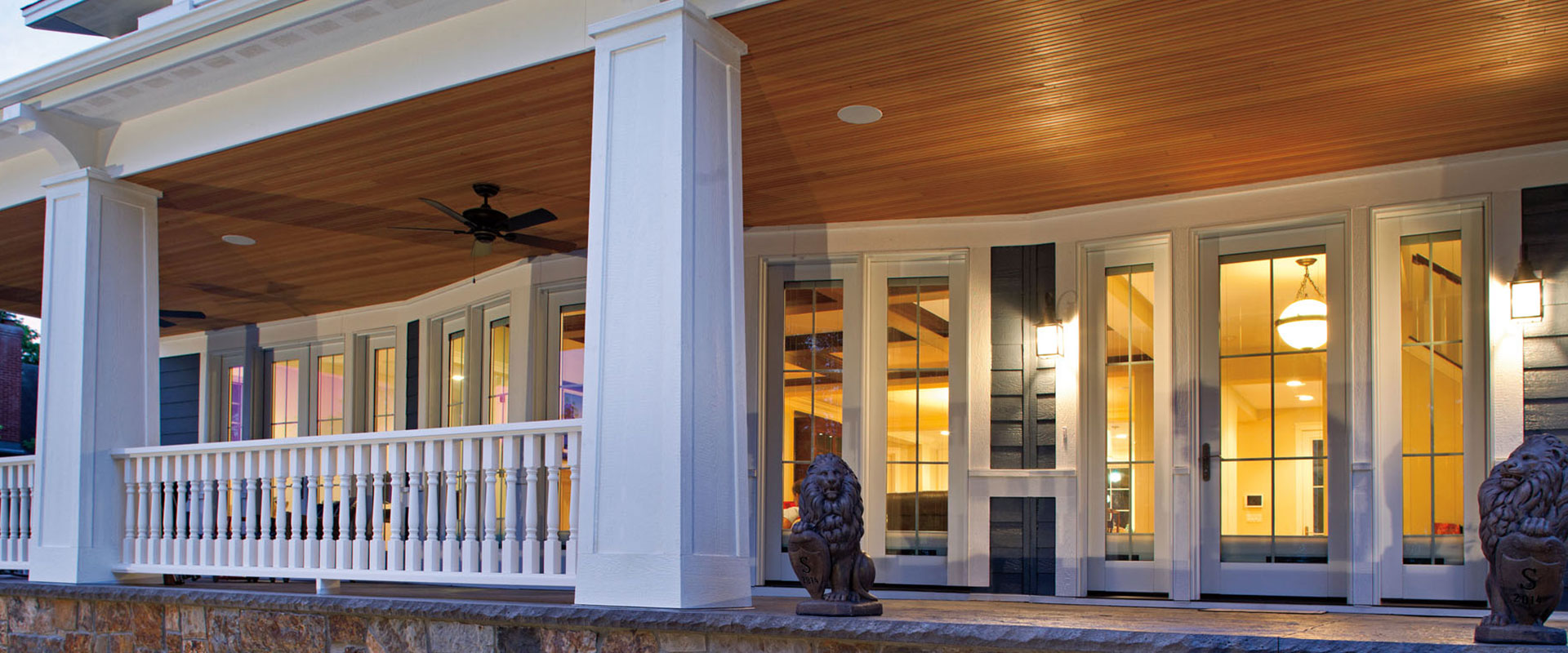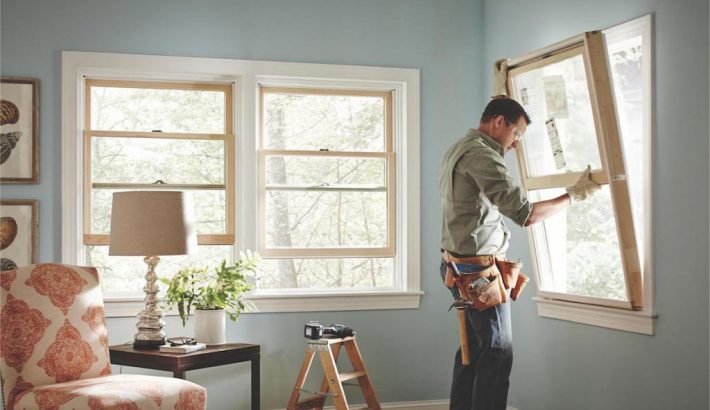Top Houston Window Replacement Experts for Your Home
Upgrade Your Home With Energy-Efficient Home Window Substitutes
In the realm of home renovation, the choice to upgrade to energy-efficient home window replacements can considerably affect both the functionality and visual appeals of a home. Past the surface level of plain visual appeals, energy-efficient windows use a wide range of advantages that go past mere curb appeal.
Benefits of Energy-Efficient Windows

The installation of energy-efficient windows supplies substantial financial savings on utility bills while boosting environmental sustainability. Energy-efficient windows are designed to minimize warm loss and gain, lowering the demand for home heating and cooling systems to burn the midnight oil. By properly insulating the home, these home windows help preserve a comfy indoor temperature level year-round, resulting in lower power intake and decreased utility costs. Furthermore, energy-efficient home windows can assist control wetness degrees within the home, lowering the danger of mold and mold growth.
Beyond the monetary advantages, energy-efficient home windows contribute to ecological sustainability by lowering carbon discharges linked with power manufacturing. Overall, investing in energy-efficient home windows not just enhances the comfort and efficiency of a home but also straightens with environmentally mindful methods.
Kinds Of Energy-Efficient Glass
Numerous advanced kinds of energy-efficient glass deal unique properties that deal with various requirements and choices in improving the sustainability and effectiveness of buildings. Low-emissivity (Low-E) glass is a popular alternative made to reduce the amount of ultraviolet and infrared light that can pass via the glass, consequently reducing warmth transfer. This type of glass assists maintain a consistent indoor temperature, decreasing the requirement for heating or cooling down systems, and ultimately decreasing power expenses. An additional innovative choice is spectrally discerning glass, which enables noticeable light to travel through while obstructing particular kinds of infrared radiation. This assists in keeping a comfortable indoor setting while lessening warm gain. Triple-pane glass, being composed of three layers of glass with shielding gas in between them, supplies boosted thermal insulation, making it highly energy-efficient. In addition, self-cleaning glass with an unique covering that breaks down and loosens dust when subjected to sunlight can reduce maintenance needs and maintain windows looking clean. Each sort of energy-efficient glass supplies unique benefits, enabling homeowners to pick one of the most ideal option based upon their details requirements and objectives.
Factors to Consider When Selecting
When pondering energy-efficient home window replacements, it is critical to very carefully evaluate details factors that align with your sustainability purposes and desired energy cost savings. The U-factor steps exactly how well the home window insulates, with lower numbers showing far better insulation, while the SHGC indicates the home window's capability to obstruct heat from sunshine. By meticulously evaluating these aspects, you can select energy-efficient windows that improve convenience, decrease power prices, and benefit the setting.
Setup and Upkeep Tips

Routine upkeep is key to maintaining the efficiency of your energy-efficient windows. Inspect the windows regularly for any indicators of wear, damage, or sealer deterioration. Tidy the structures, tracks, and glass regularly using moderate soap and water to eliminate dirt and grime that can influence efficiency. Check the weather-stripping and seals for any voids or rips and replace them if required to preserve the windows' power performance.
Additionally, oil moving components such as joints and locks to ensure smooth operation. By adhering to these setup and upkeep suggestions, you can enhance the power effectiveness of your home and lengthen the life expectancy of your energy-efficient windows.
Cost-Benefit Evaluation of Upgrading

Energy-efficient windows are developed to reduce heat transfer, decreasing the need for home heating and cooling down systems to burn the midnight oil. This can cause considerable cost savings on energy costs, specifically in areas with extreme temperatures. In addition, energy-efficient windows can boost the general value of your home, making it more attractive to possible purchasers if you decide to market in the future.
When computing the cost-benefit analysis, consider the possible cost savings on energy costs, any available motivations or refunds, and the lifespan of the home windows. While the initial price may be higher, the long-term financial savings and benefits of energy-efficient home windows make them a wise investment for home owners seeking to improve their home's energy efficiency and value.

Final Thought
To conclude, updating to energy-efficient window substitutes offers many benefits such as minimized power usage, increased comfort, and price savings. By choosing the suitable kind of energy-efficient glass and considering factors like frame product and setup, home owners can optimize the efficiency of their windows. Routine upkeep and correct setup are essential for lasting efficiency. Generally, the cost-benefit analysis of upgrading you can try this out to energy-efficient home windows shows that the preliminary financial investment can result in significant cost savings in the lengthy run.
When considering energy-efficient window replacements, it is necessary to meticulously assess specific factors that align with your sustainability goals and preferred energy cost savings. The U-factor steps exactly how well the window insulates, with reduced numbers showing better insulation, while the SHGC shows the home window's capability to block heat from sunlight. By carefully evaluating these factors, you can choose energy-efficient windows that enhance convenience, minimize energy costs, and profit the setting.
While energy-efficient windows might have a greater upfront cost contrasted to standard windows, the lasting advantages typically surpass the preliminary investment.In verdict, updating to energy-efficient window substitutes uses various advantages such as reduced power usage, increased convenience, and expense financial savings.